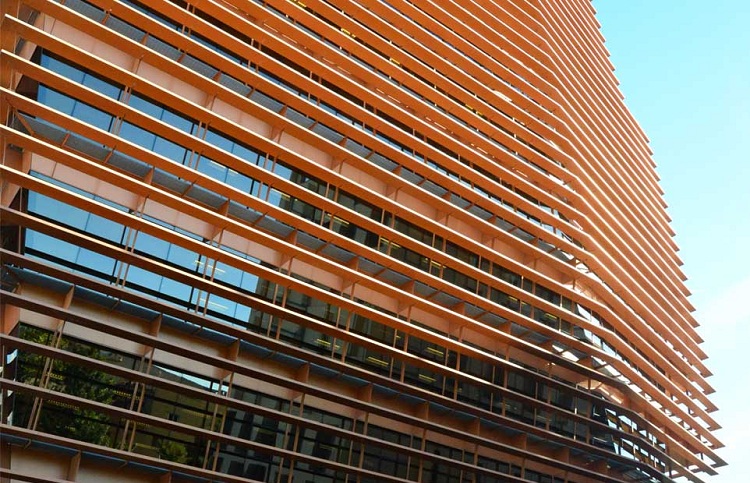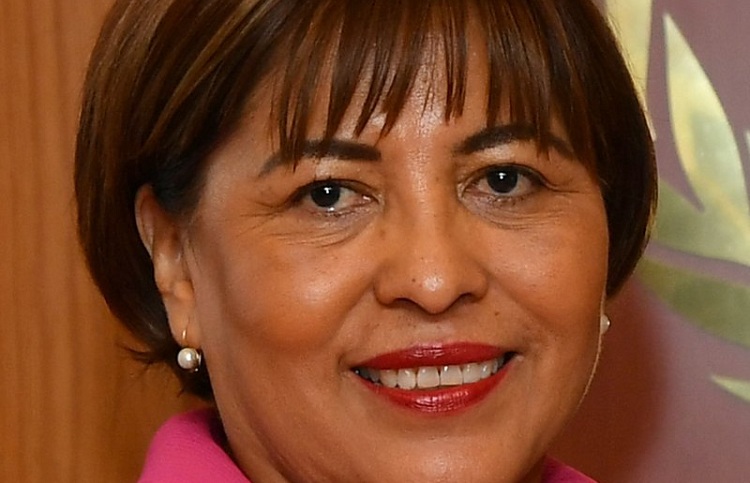Eduardo González
The annual accounts of the Casa Asia Consortium for the fiscal year 2019 reveal a positive balance of 40 million euros, in contrast with the “delicate patrimonial situation” of the previous year, mainly due to the extraordinary amounts injected by the Ministry of Foreign Affairs for a series of specific activities organized jointly with the Asia/Europe Foundation (ASEF).
According to the Annual Accounts Report, published yesterday by the Official State Gazette (BOE), the Casa Asia Consortium presented at the end of the 2019 financial year a positive result of 40.1 million euros and a negative net equity in the amount of 2, million euros.
This evolution of income for the 2019 financial year was marked by “an extraordinary contribution by the Ministry of Foreign Affairs, European Union and Cooperation” dedicated “exclusively for activities co-organized jointly with ASEF”, an intergovernmental organization based in Singapore and the only institution of the Asia-Europe Meeting (ASEM) forum for dialogue of heads of state and government. Specifically, the activities reported are a seminar for Asian and European journalists, a meeting of young Asian and European students within the framework of ASEM, and a cultural festival.
In relation to expenses, the Report highlights “the enormous effort made to contain them in line with the Consortium’s asset situation”. Specifically, the Report highlights a series of measures “framed within the plan that must allow the present and future viability of the Consortium”, such as a “containment of the wage bill”, facilitated by a reduction of the staff from 54 people at the end of 2011 to a staff of 26 people at the end of 2019; a “containment of expenses in general and programming” and an increase in “efforts to increase external contributions through the incorporation of new patrons and collaborating entities”.
“Under the assumption of maintaining income, and as long as the members of the Consortium maintain the same level of contributions as in the year 2019, these measures must allow in the future to compensate the accumulated deficit and achieve the equity rebalancing”, adds the Report, which warns that “at present it is difficult to estimate the possible impacts that the situation generated by the pandemic will have on the activity and the economic-equity situation of Casa Asia”.
For all these reasons, the 2019 Report presents notable differences with that of 2018, presented just a year ago, which showed a negative result of more than 1.5 million due to “a decrease in the volume of contributions from the Generalitat of Catalonia and the City Council of Barcelona with respect to previous years”, which, together with the debts of the Consortium, endangered the ability of the entity “to continue its operations, and meet the obligations arising from them”.
Casa Asia was born in 2001 after a collaboration agreement between the Ministry of Foreign Affairs, the Generalitat of Catalonia and the City Council of Barcelona, which make up the Governing Council. The collaboration agreement establishes that the Ministry must pay 60% of the ordinary and program expenses of the consortium and the City Council and the Generalitat share equally the remaining 40%. The other members of the Governing Council are the City Councils of Madrid (since 2007) and Valencia (since 2017).
In the 2019 financial year, the participation percentages of the consortium administrations were 58% by the Ministry, 26.10% by the Barcelona City Council (for the use and enjoyment of the central headquarters, in the building of the National Commission for Markets and Competition, CNMC, in Barcelona), 10.22% by the Generalitat de Cataluña and 5.68% by the Madrid City Council (for the rights of use and enjoyment of the sub-headquarters in the Palacio de Cañete). During the 2019 financial year, the presidency of the Governing Council was held by the Ministry of Foreign Affairs and the vice-presidencies corresponded to the Generalitat and the City Councils of Barcelona and Madrid. In the 2020 financial year, the presidency corresponded to the Generalitat.
Until 2016, the Barcelona City Council and the Ministry of Foreign Affairs paid their fair share, but the Generalitat reduced its contributions to Casa Asia considerably since 2013 as part of its policy of expanding its presence abroad and ‘disconnecting’ from the Ministry of Foreign Affairs. In 2015 it reduced its contribution by almost 80%. At the end of 2016, the Catalan Government of Artur Mas committed to pay 340,000 euros, which finally remained at 90,000, while the following Executive of Carles Puigdemont limited itself to claiming that the 2016 budgets did not include any item for Casa Asia. In the 2018 and 2019 fiscal years, the contribution of the Generalitat was 180,000 euros.







